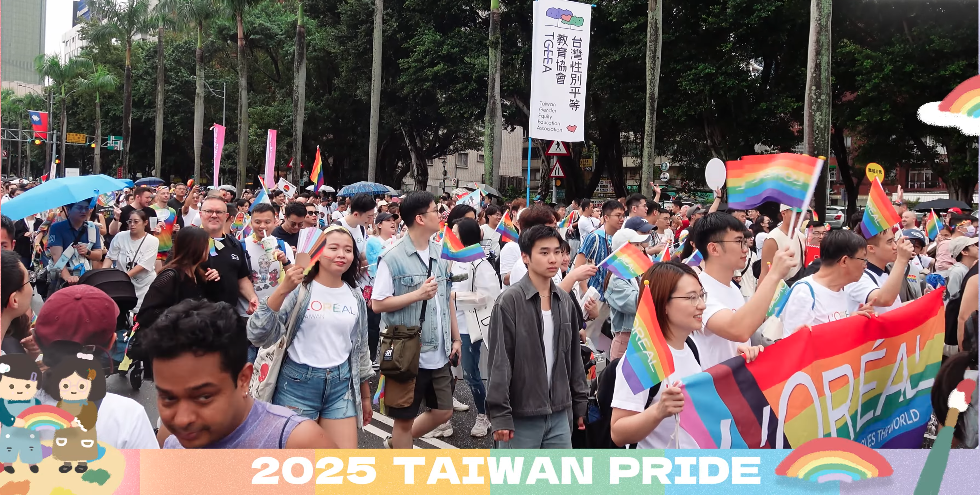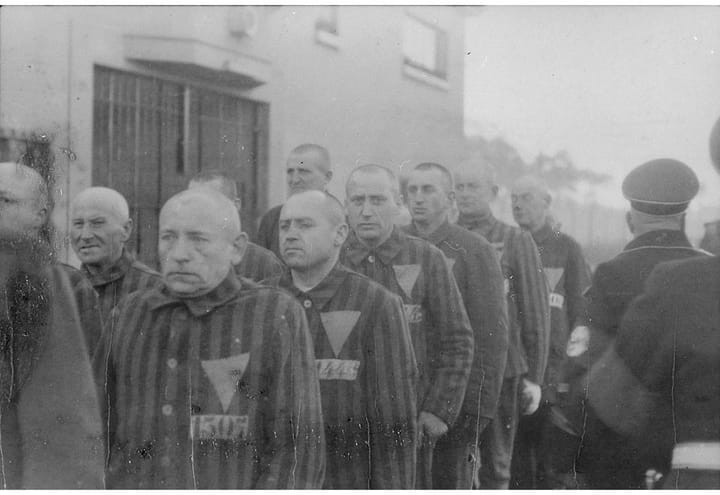Taiwan Pride 2025 returns - a beacon of LGBTQ+ rights in Asia

Around 150,000 people took to the streets of Taipei on Saturday for the 23rd annual Taiwan Pride parade, braving blustery rain in a vibrant celebration of LGBTQ+ rights and inclusion. Organisers used the occasion to urge deeper understanding and dialogue in the face of growing global hostility towards diversity, equity and inclusion (DEI) initiatives.
This year’s theme, “Beyond Links: More than Clicks”, highlighted the influence of online algorithms and polarised digital discourse on public perceptions of gender and identity. Simon Tai, chairperson of the Taiwan Rainbow Civil Action Association, which organised the event, said the parade aimed to encourage people to move beyond superficial online interactions and engage with the lived experiences of others.
“We hope the theme reminds people that we can try to understand one another’s life experience regardless of our positions,” Tai said. “That would provoke more in-depth and constructive discussion and thereby help promote gender-friendly policies.”
The parade began at Taipei City Hall and split into two routes through the Xinyi and Da’an districts, with participants waving rainbow flags, dancing to music, and showcasing colourful costumes. Despite the rain, the atmosphere remained jubilant, with many attendees expressing pride in Taiwan’s progressive stance on LGBTQ+ rights.
Among the crowd was Lady Gagita, a drag queen from the Philippines attending her first Taiwan Pride. “The weather was homophobic,” she joked, “but the love here is overwhelming.” She praised Taiwan’s legal recognition of same-sex marriage and protections for LGBTQ+ individuals, contrasting it with the situation in her home country.
Organisers noted that while attendance was slightly down from last year’s 180,000, the event saw record participation from charitable organisations, with over 30 percent of the 110 stalls run by non-profits. Fletcher Hong, the association’s spokesman, also addressed calls for legal gender recognition without requiring surgery, describing current requirements as a violation of bodily autonomy and health rights.
“Gender recognition would not threaten women,” Hong said. “The real goal is to provide safe public spaces for transgender and cisgender women, instead of polarising them.”
Taiwan remains a beacon of LGBTQ+ rights in Asia, having legalised same-sex marriage in 2019. Yet, organisers and participants alike emphasised that there is still work to be done to ensure genuine inclusion and understanding, both online and offline.





Comments ()